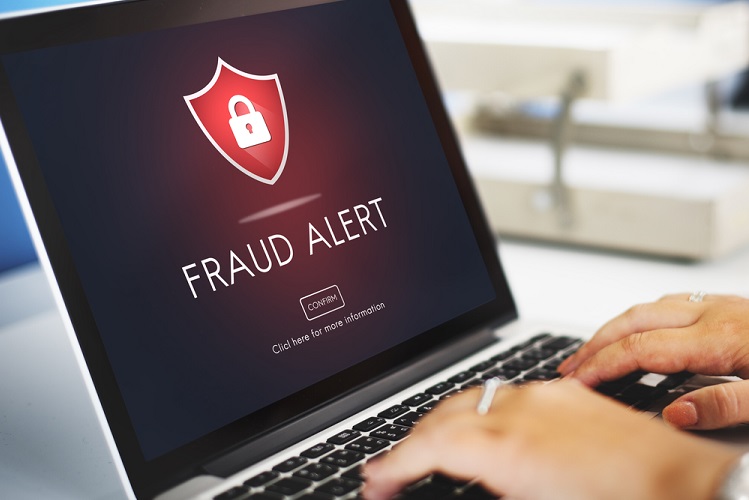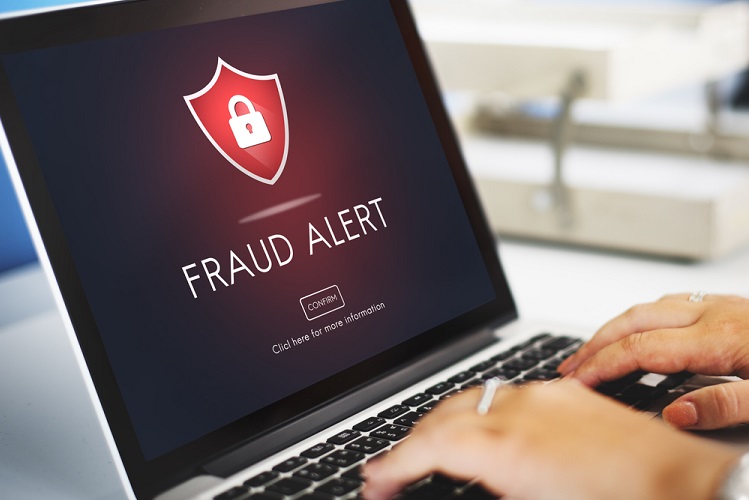Protect Your Company from Becoming a Financial Fraud Victim
An ounce of prevention is worth a pound of cure
Brian Hutchin //July 12, 2019//


Protect Your Company from Becoming a Financial Fraud Victim
An ounce of prevention is worth a pound of cure
Brian Hutchin //July 12, 2019//

Fraud is not a new problem for many organizations, but unfortunately, the people committing it are becoming savvier by the day. According to the Association for Financial Professionals’ (AFP) 2019 survey, payments fraud has seen a dramatic increase during the past five years with 82% of organizations reporting they experienced attempted or actual payments fraud in 2018. This trend is one companies are closely monitoring and is leading businesses to make every effort to try to stay one step ahead of these threats.
From altered checks to wire transfers and corporate credit cards to employee theft, payments fraud comes in all forms. Fortunately, many businesses are more aware of the different types of fraud than ever before and are putting measures in place to combat the growing issue. This includes educating themselves and their staffs on proactive measures they can take to minimize risk.
However, for those who have ramped up their efforts and for those who are looking to do so, there are a few risks that stand above the rest. Here are two of the biggest issues the survey uncovered, and actions you can take to protect your business.
Ditch the Paper, Get a Card
Checks continue to be one of the most common forms of payments fraud, with 70% of organizations being impacted in 2018. And although check fraud is on the decline, it still accounts for significant financial loss for an organization when it occurs.
If you’re still using checks regularly, there are several reasons to consider a shift to electronic payment methods, such as a commercial cards program, which can meet a variety of business spending needs. In addition to fraud mitigation, commercial cards can also help businesses:
- Increase cash flow
- Pay bills faster
- Retain cash and float payments for longer periods
- Participate in reward programs and receive cash back and rebates
- Lower administrative costs by streamlining payments and reconciling employee purchases automatically
- Save costs in transaction fees—the median cost of processing a paper check is $3, double the cost of a purchasing card transaction
From a safety perspective, built-in protections such as EMV chips and payment controls allow administrators to closely monitor and regulate card spending, which creates a fraud risk management infrastructure that is significantly stronger than that of check security systems.
The Evils of Email
Another rapidly growing area of fraud is business email compromise (BEC). The percentage of organizations impacted by BEC increased to 80% in 2018, showing that innovative forms of fraud can break through old protections. BEC is a form of fraud that targets employees by email to gain access to company finances and deceive individuals into making money transfers.
An example of BEC is when attackers gain access to an executive’s email account and then monitor their behavior. The attacker will identify when the executive is traveling or most vulnerable and send a note requesting payment or for an associate to click on a link that is malware.
So, how do you protect your business and employees from BEC? It’s important to have a plan in place and to leverage all the safeguarding tools available to your business. Ensure your employees have the proper education and regular training for fraud detection. We recommend creating an atmosphere where employees feel free to share any unusual behavior or emails.
Concrete examples to help curb email fraud include reducing your check writing, outsourcing payroll responsibilities and having dual controls in place so one person is not in charge of all financial decisions and actions.
The Bottom Line
While preventative measures can help protect against fraud, it will always exist in one form or another. What you can do is educate employees, make sure they are using the most up-to-date technology, and work with your financial partner to ensure the best practices and protective measures are in place. When it comes to payments fraud, the old saying remains true, “an ounce of prevention is worth a pound of cure.”
Brian Hutchin is executive vice president and director of corporate, treasury and card sales at UMB Bank. He can be reached at [email protected].
























